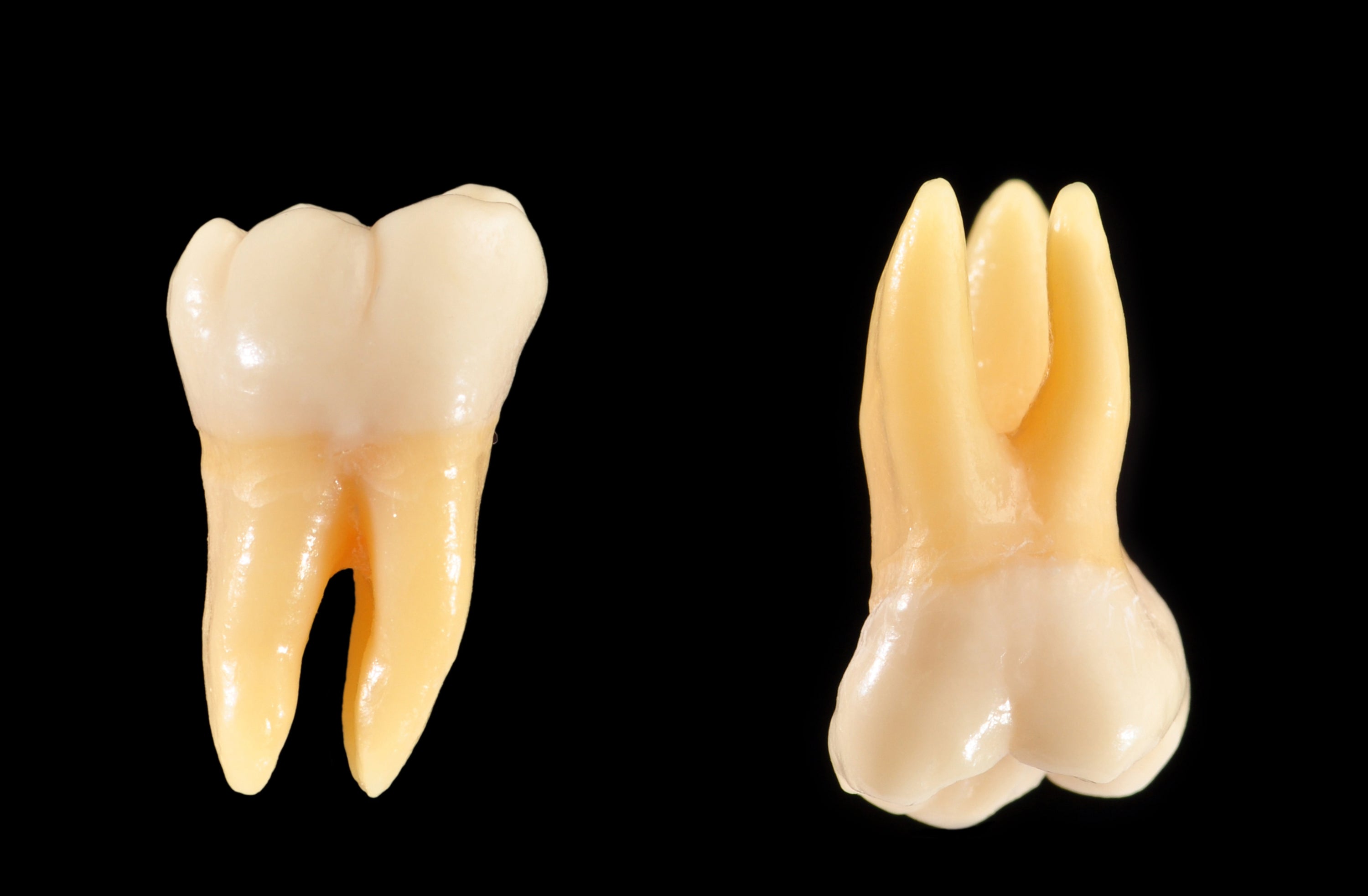Molar extraction

When it comes to dental procedures, molar extraction is a common practice that is necessary in certain situations. Let's delve into the details of this procedure and understand why it is sometimes needed.
What is Molar Extraction?
Molar extraction, also known as tooth extraction, is the removal of a molar from the dental socket in the jawbone. This procedure is typically performed by a dentist or oral surgeon under local anesthesia to ensure the patient's comfort.
Why is Molar Extraction Necessary?
There are several reasons why molar extraction may be necessary. One common reason is severe tooth decay that cannot be treated with a filling or root canal. In such cases, extracting the molar can prevent the spread of infection to other teeth.
Another reason for molar extraction is overcrowding in the mouth. When there is not enough space for a molar to erupt properly, it may need to be removed to prevent misalignment of the teeth.
What to Expect During the Procedure?
Prior to the extraction, the dentist will administer local anesthesia to numb the area around the tooth. Once the area is numb, the dentist will use specialized tools to loosen the tooth from the socket and gently remove it. In some cases, the tooth may need to be extracted in pieces to facilitate the process.
Aftercare and Recovery
After the molar extraction, it is important to follow the dentist's instructions for aftercare. This may include avoiding certain foods, taking prescribed medications, and practicing good oral hygiene to prevent infection. Most patients recover fully within a few days to a week after the procedure.
Potential Complications
While molar extraction is a common and safe procedure, there are some potential complications to be aware of. These may include dry socket, infection, nerve damage, or excessive bleeding. It is important to contact your dentist if you experience severe pain or any unusual symptoms after the extraction.
In conclusion, molar extraction is a routine dental procedure that is sometimes necessary to maintain oral health and prevent further complications. By understanding the reasons for extraction and following proper aftercare, patients can ensure a smooth recovery process.








